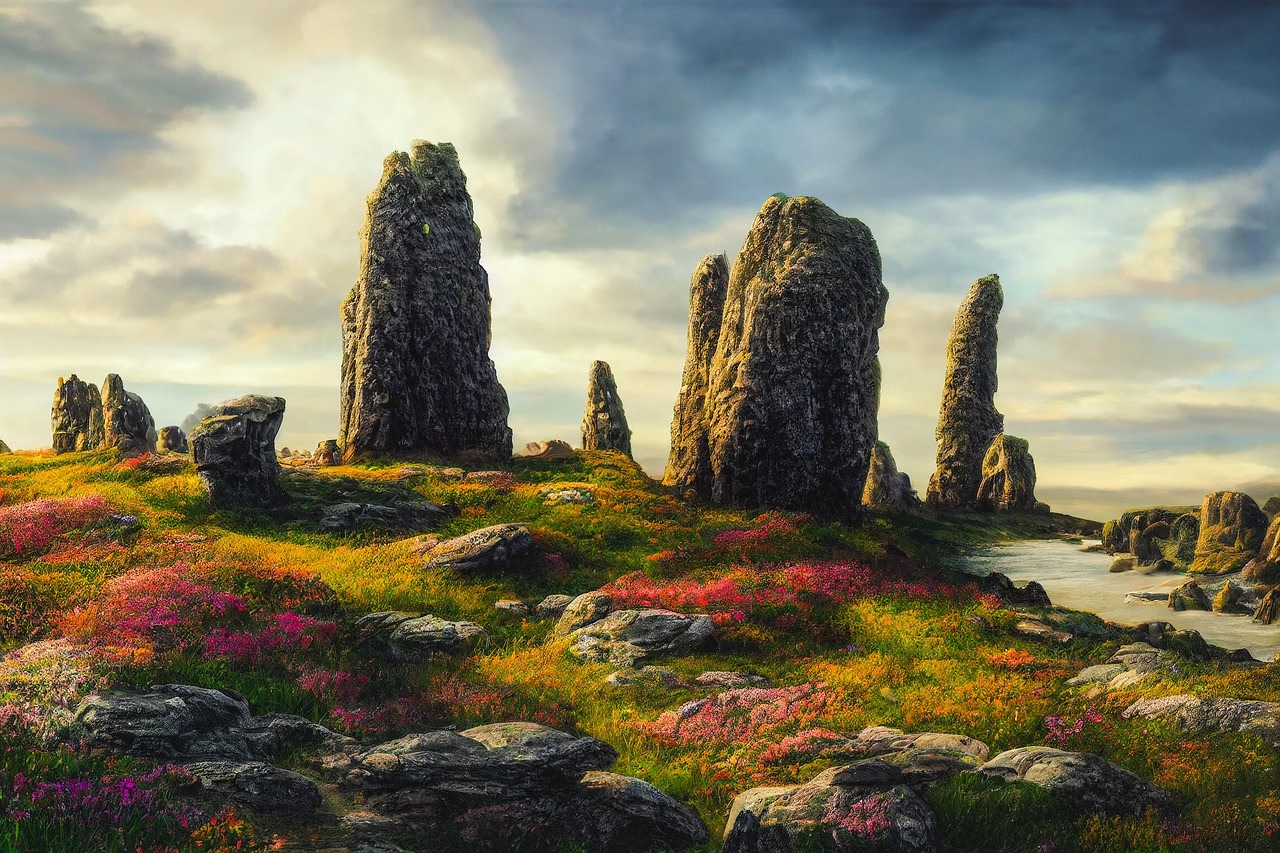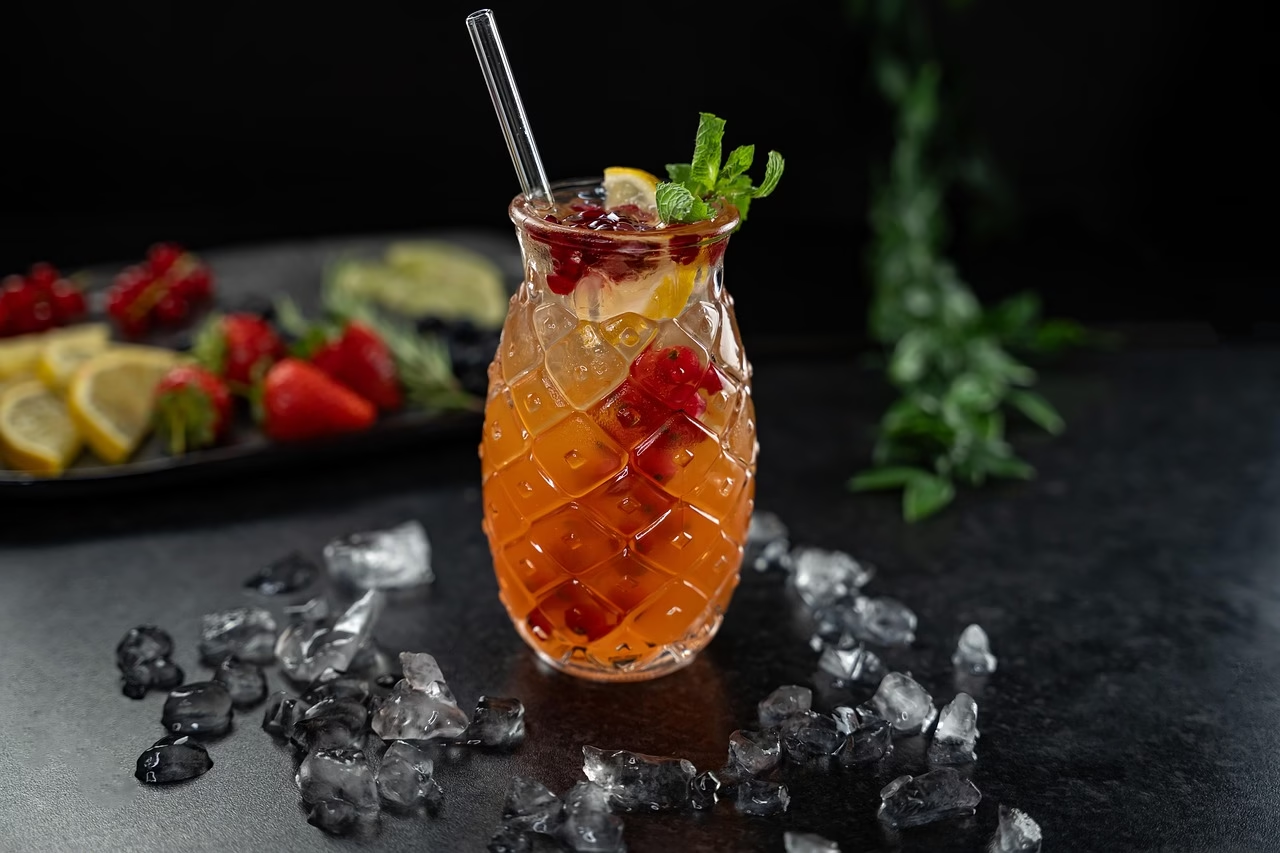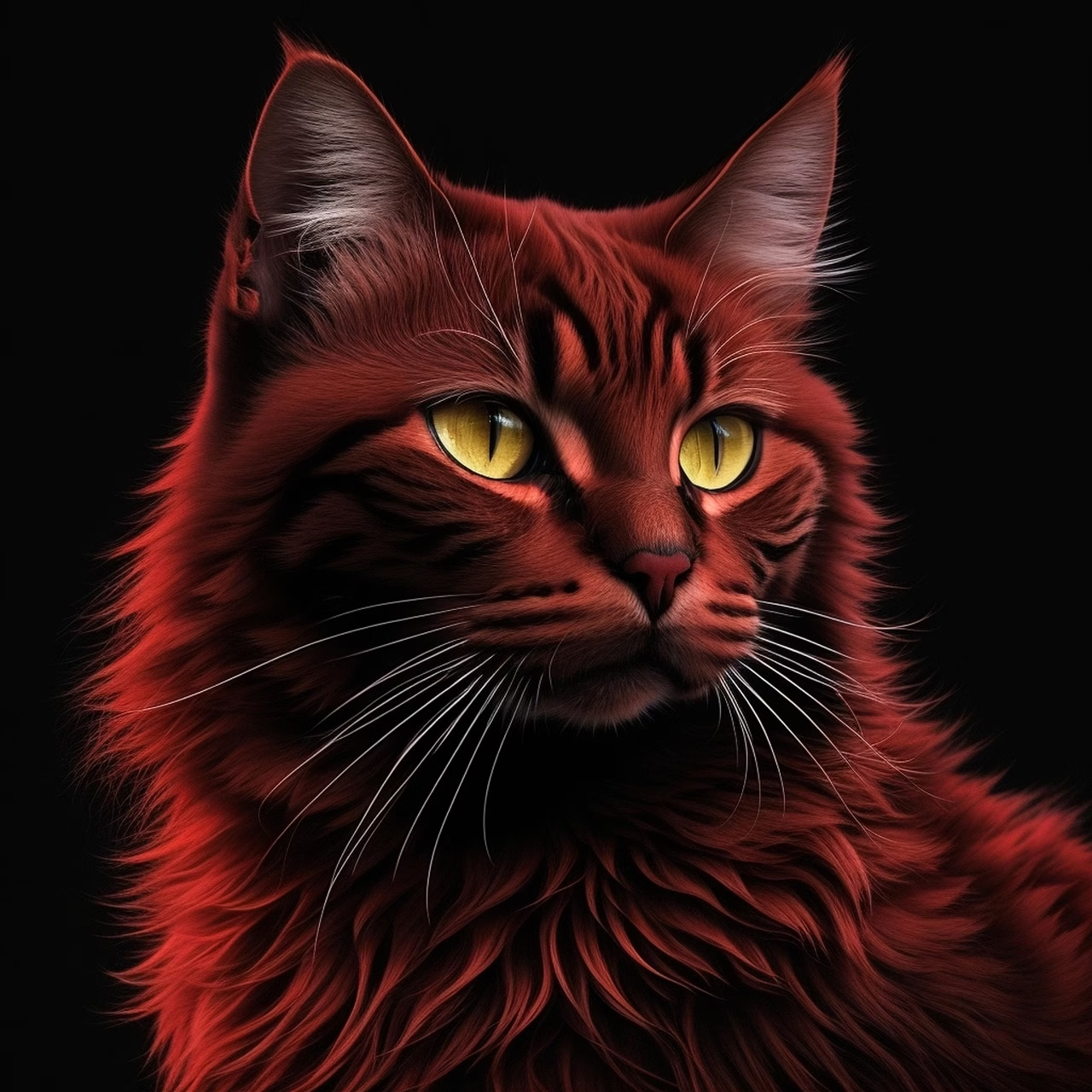“AI-Powered Tools Transforming Content Creation: The Rise of
June 16, 2025 | by Olivia Sharp

AI-Powered Tools Transforming Content Creation: The Rise of Automated Video and Image Generation Platforms
by Dr. Olivia Sharp — AI Researcher and Technology Enthusiast
In the last year, the convergence of artificial intelligence and creative tools has reached a pivotal tipping point. Today, anyone—regardless of technical background—can harness AI-powered platforms to produce sophisticated videos, graphics, and images at a pace and quality previously reserved for large studios. As someone dedicated to bridging AI’s promise with real-world impact, I find the current landscape both electrifying and deeply transformative.
From Hours to Instants: The Automation Paradigm Shift
The painstaking days of video editing suites and photo shoots aren’t gone—but their exclusivity is. Generative AI models, such as those underlying Runway ML, Canva’s AI Suite, and Adobe Sensei, now enable a solo content creator to perform in minutes what once demanded teams of specialists. With just a text description, these tools can generate a custom video, stylized image, or animation, drastically compressing creative timelines.
The Platforms Redefining Creativity
I routinely see startups deploy automated video platforms like Pictory.ai or Synthesia to transform blogs into engaging video content—in multiple languages, with lifelike AI presenters. Marketers launch campaigns with Canva’s Magic Media tools, which generate fresh graphics and short-form videos tailored to audience trends rather than stock resources.
Equally game-changing is the ability to fully automate storyboarding, voice-overs, and even scene generation. Adobe’s generative fill lets designers alter photos as simply as brushing with digital paint, while platforms like Kapwing enable collaborative editing with AI-generated subtitles and cut suggestions—all from a browser.
The Risks and the Responsibility of Scale
This power, however, comes with challenges. The risk of synthetic media misuse—deepfakes, misattributed images, or unauthorized likenesses—demands vigilance. I advocate for transparent practices, active safeguarding (watermarks, provenance tracking), and critical user education as integral to any platform’s deployment.
Another subtler challenge is creativity itself. With AI handling foundational tasks, the human role shifts from performing repetitive work to curating, prompting, and refining the outputs. Far from diminishing the creator’s voice, the right tools amplify it—but only when users remain intentional about their narrative choices and brand ethics.
Real-World Impact: Democratization & Discovery
Across education, journalism, marketing, and entertainment, teams now iterate on concepts in days, adjust style and tone with a prompt, and reach audiences with unprecedented speed. The cost and accessibility barriers are falling. An educator builds interactive video lessons with AI avatars. A journalist summarizes breaking news in visual explainers. A non-profit crafts persuasive campaigns, without a studio overhead.
Looking Ahead: Harmony of Human & Machine Insight
The true promise lies not in outsourcing creativity to algorithms, but in harnessing AI as a co-creator. We are moving toward an era where content professionals become orchestrators—merging intuition, empathy, and strategy with the algorithmic horsepower of automated generation tools. This synergy is what will drive the next wave of innovation and authenticity in digital communication.
In summary: Automated video and image generation platforms are not passing trends, but foundational tools for the new creative economy. Adoption is accelerating. The talent, empathy, and discernment of the human creator—not just the AI—remain as essential as ever.
— Dr. Olivia Sharp

RELATED POSTS
View all



